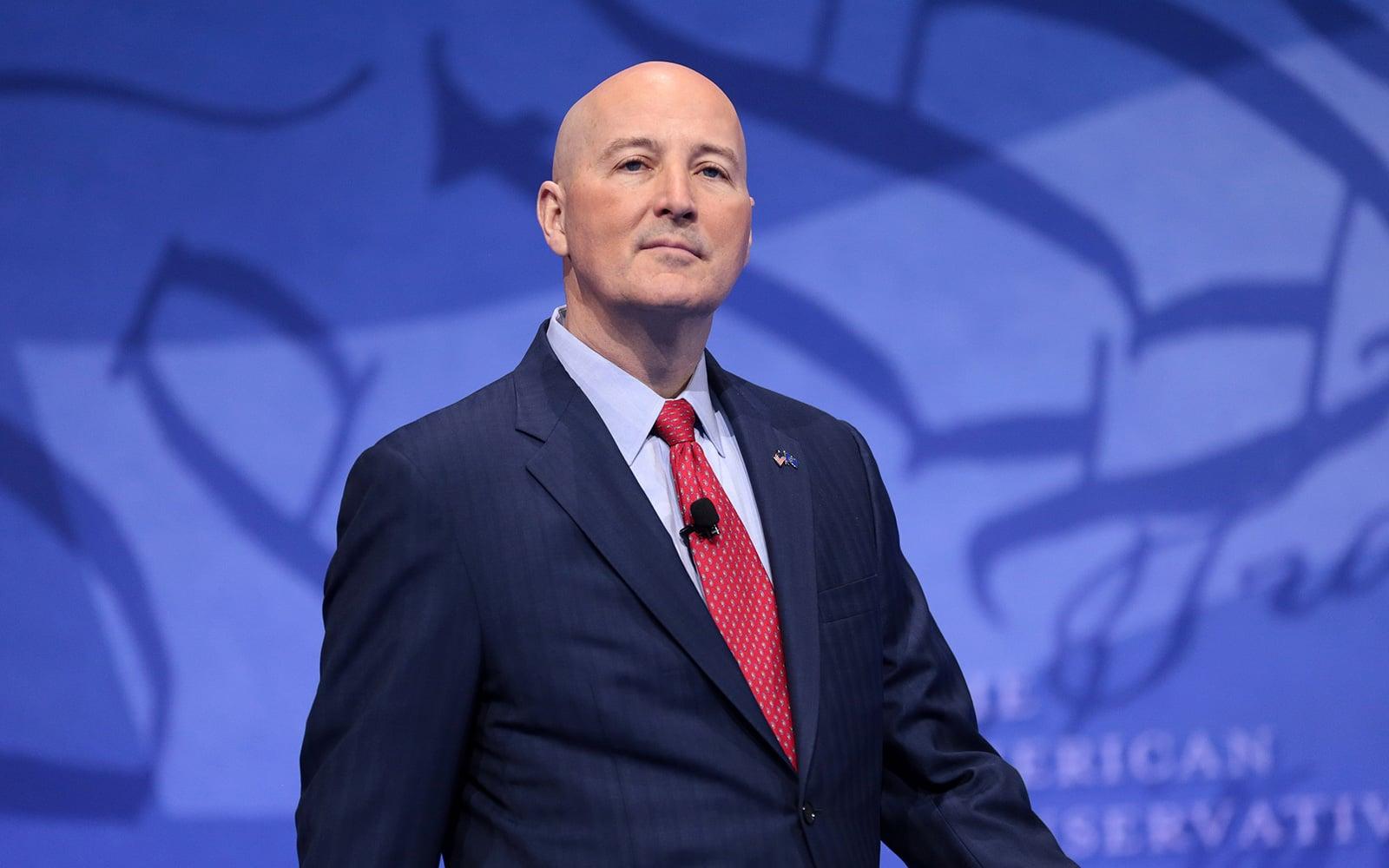The Racism of Nebraska Governor Pete Ricketts

Yesterday, I sent the following message to the office of Nebraska Governor Pete Ricketts:
I read your public statement condemning the killing of George Floyd and supporting the First Amendment rights of peaceful protesters. Thank you for those words. I hope you’ll remember them as President Trump heightens his divisive language concerning these protests, encourages governors like yourself to “dominate” protesters, and even threatens to send in the U.S. military against U.S. citizens.
If you truly have Nebraska’s best interests at heart, please reject our President’s careless words and actions. Instead, focus on peace-making, take seriously the pain and grievances of Nebraska’s black and minority communities, and, in your words, “continue to build strong lines of communication between our government agencies and communities of color.”
Today, I woke up to this video by Jarrod Parker, the pastor of Omaha’s St. Mark Baptist Church. Parker describes a meeting he had with Omaha’s mayor and police chief as well as Governor Ricketts, a meeting that eventually included several other black pastors and leaders. The meeting lasted for over an hour, during which topics like the killing of James Scurlock were discussed.
After Parker and the others had spoken, Ricketts began his response thusly: “The problem I have with you people.” At which point, Parker got up and left the meeting.
Putting aside the racism and stereotyping inherent in the term “you people” for just a moment, can you imagine listening to the pain and frustration of a hurting community and then having the temerity to make the first words of your response all about your discomfort and frustration?
Ricketts later issued the following apology: “I chose my words poorly, and apologized when it became apparent that I had caused offense.” Which, let’s be clear, is not really an apology. He might just as well have said “I’m sorry that you were offended by what I said” or, perhaps more accurately, “I’m sorry that I was called out.” Ricketts’ “apology” simply shifts the blame onto others for being offended while avoiding any actual responsibility for his offensive words.
If Governor Ricketts’ goal is to “build strong lines of communication between our government agencies and communities of color,” then it’s pretty clear he failed with Parker and the others. As a friend of mine commented on Facebook, “it’s hard having such low expectations.” And yet, here we are.